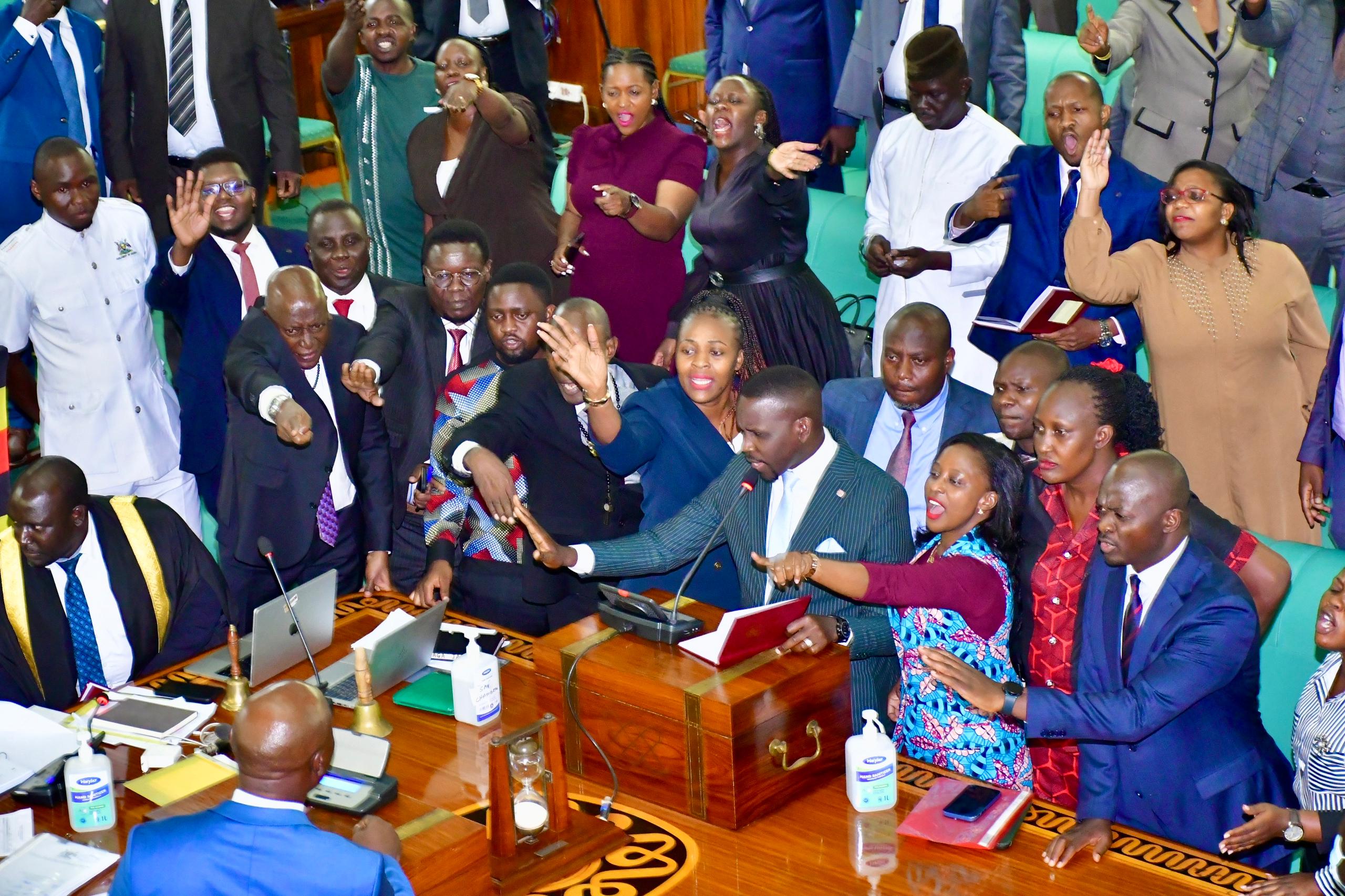
Author: Moses Khisa. PHOTO/FILE
To rationalise is the new buzzword on Uganda’s political circuit, or perhaps more aptly, circus. In some write-ups this week, President Museveni made the case for abolishing certain government agencies including Uganda Coffee Development Authority (UCDA).
To rationalise is to subject an idea, policy or practice to reason, critical analysis and logical conclusion. In running a government, a public authority or private business organisation, rationalising enhances efficiency. Mr Museveni is a master of rhetoric, big on articulating an excellent idea yet his praxis is often the opposite of what he preaches.
If there is any agency or office of the Ugandan government that urgently requires rationalising, it is the presidency under the ‘prophet’ himself who’s preaching the gospel of rationalising. Uganda’s Cabinet, exclusively appointed by the President, is so bloated it can’t pass the most conservative test of rationalisation. At more than 80, in a small country with a minuscule economy, majority of Mr Museveni’s members of Cabinet bring very little, if any, value running an efficient government.
Other than the political calculation of appearing to appease disparate constituencies, through ministerial appointments of ostensibly one of their own, whether religious, regional or ethnic, it is impossible to justify Mr Museveni’s bloated Cabinet.The perks and privileges, including whole motorcades and security, for the Cabinet alone are a big drag on the taxpayer.
What is more, as of last count from media reports, Mr Museveni had more than 100 presidential advisors and unknown number of assistants, the former apparently rarely getting to meet their advisee – the President –, even if they met him it is more likely for the advisors to take in a long lecture instead of providing advice to the advisee.
The presidential motorcade, flying a presidential jet instead of the cheaper alternative of a national carrier, the hefty allocations to State House for myriad ‘irrational’ expenses, often requiring huge supplementary budgets not to say anything about classified votes. It is true that the President wields executive authority and has vast powers to decide on how he constitutes the executive branch, but responsible leadership means rational exercise of authority, precisely why the President wants government agencies and bodies he calls parasitic to be rationalised!
If leading by example was something remotely appealing to the President, he would dissolve his Cabinet of fish-mongers and instead appoint only 30 highly competent and impeccably qualified individuals regardless of their political affiliations, ethnic or religious identities. Similarly, he would replace his countless advisors with a 10-member council. That is the kind of rationalising that can meaningfully impact the cost of public administration and the streamlining of government operations.UCDA deals with a real productive sector from which Uganda earns arguably its highest revenue, abolishing it or purporting to place it under an inefficient ministry in the name of rationalising is laughable.
It appears that, ultimately, this is little more than a plot by powerful shadow actors to exact control over the sector given recent contestations over marketing and promoting Ugandan coffee at home and abroad.It is absurd to selectively abolish or purport to merge semi-autonomous agencies like UCDA, Uganda National Roads Authority, and others, when the entire government apparatus, both at the centre and the subnational levels, is bereft of rationale.The arena where the debate on rationalising has been raging – the national legislature – is the worst manifestation of the irrational composition and structuring of Uganda’s government today.
A parliament of more than 500 MPs in a country of less than 50 million is one of, if not the, biggest in the world! If we had only half of that number, in a five-year cycle, the money saved would give the country a world-class national hospital complex, instead of the shady dealings around the Lubowa hospital project that appears on course for a major scandal.What is more, we have totally unviable and unnecessary district units all over, each with at least two presidential appointees (or well, a third was recently added?) in addition to elected officials and appointed technocrats.
Wastage and haemorrhage goes on unabated at the subnational levels while in many places across the country, primary school students have no classrooms, can’t get basic learning aides and supplies, no decent clean and safe water.We have to end by underscoring a sobering reality: the entire system of rule under the NRM runs on the logic of using crass patronage to cling to power. It is scarcely about running a rationalised government that efficiently serves public needs in an efficient and apolitical manner.







